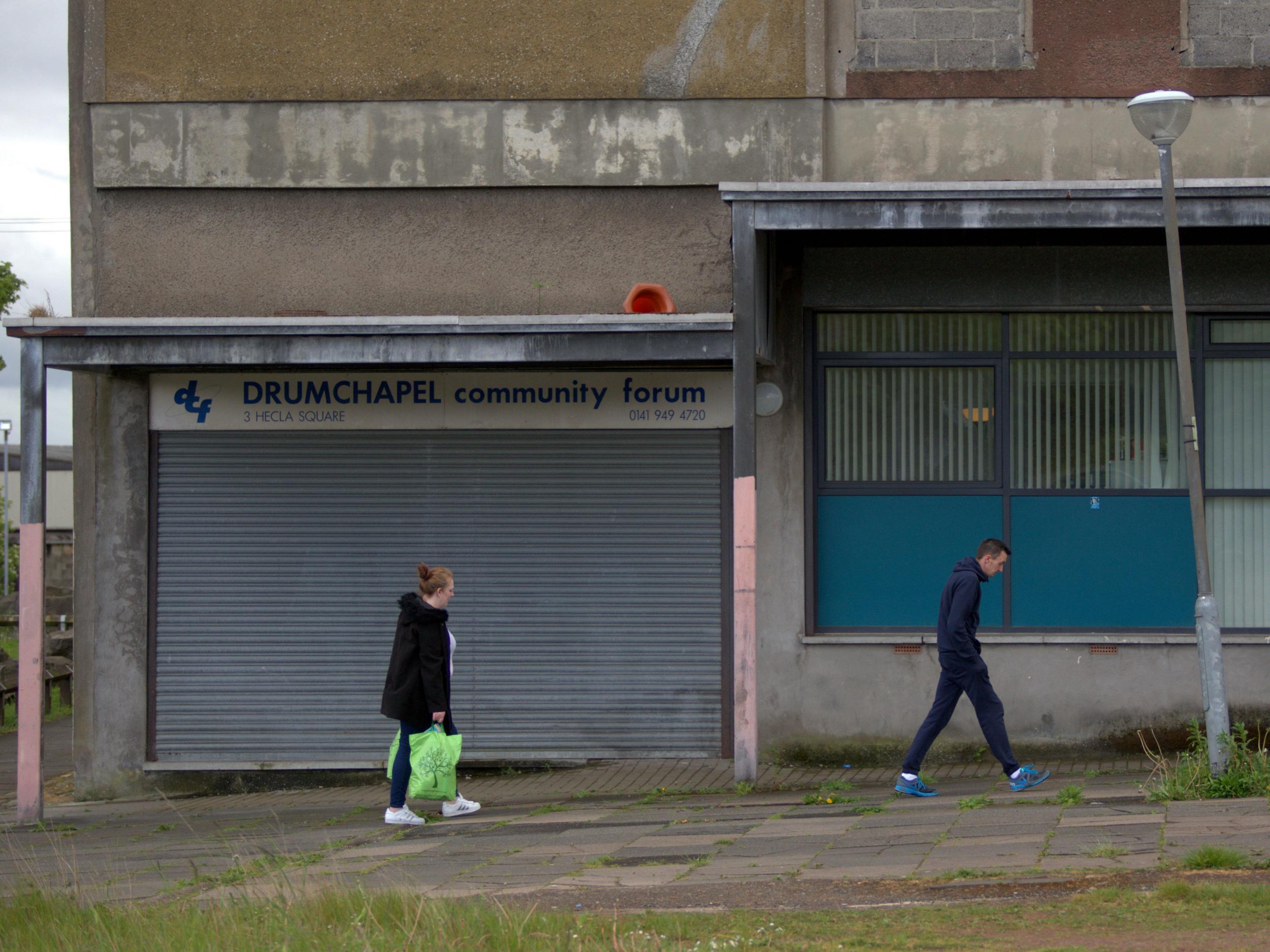Number of children eligible for healthy eating schemes falls 20% over three years despite soaring obesity, figures show
‘Today a baby girl born in Liverpool can expect to live 13 fewer years in good health than a baby girl born in Richmond’

Your support helps us to tell the story
From reproductive rights to climate change to Big Tech, The Independent is on the ground when the story is developing. Whether it's investigating the financials of Elon Musk's pro-Trump PAC or producing our latest documentary, 'The A Word', which shines a light on the American women fighting for reproductive rights, we know how important it is to parse out the facts from the messaging.
At such a critical moment in US history, we need reporters on the ground. Your donation allows us to keep sending journalists to speak to both sides of the story.
The Independent is trusted by Americans across the entire political spectrum. And unlike many other quality news outlets, we choose not to lock Americans out of our reporting and analysis with paywalls. We believe quality journalism should be available to everyone, paid for by those who can afford it.
Your support makes all the difference.The number of children eligible for a government healthy eating initiative has fallen by 20 per cent over three years, despite child poverty rising across the UK and a mounting child obesity crisis, official figures show.
This comes as budgets for providing fruit and vegetables and healthy eating initiatives to poorer families have been slashed by a quarter in three years under Conservative-led governments. The overall budget for food welfare schemes, which include milk in nurseries, has fallen from a peak of £141.3m to £104.7m – a cut of £36.6m (equivalent to nearly 26 per cent).
In response to questions from the Labour Party, health minister Jackie Doyle-Price released figures which show just 503,585 children were eligible for healthy start support in 2017-18, a drop of 123,000 in three years from 626,585 in 2014-15.
The Labour Party said it would reverse these cuts if it took power, and pledged £26.8m to the healthy start programme, as well as a “Future Generation’s Wellbeing Act” for England, based on legislation enacted in Wales since 2015.
One in five children in the UK are obese before they start school, and healthy start initiatives help ensure lower income families, already at higher risk of obesity, can afford to buy fresh fruit and vegetables.
Doctors groups said they see the reality of rising poverty day to day with “children arriving to appointments malnourished or suffering with mental health problems”. The Royal College of Paediatrics and Child Health (RCPCH) called for the reversal of cuts which disadvantage the poorest, warning that four million children in the UK already live in poverty, and this is predicted to rise to five million by 2020.
“This is worrying, especially as there is no quick fix,” said Dr Max Davie, the RCPCH’s officer for health improvement, and called for all parties to agree to restore national child poverty reduction targets and to reverse cuts to universal credit and public health. These cuts have hit health-visiting services and school nursing, which help problems to be picked up early.
Last week The Independent revealed how the Royal College of Psychiatrists was warning that cuts had closed 1,000 sure start children’s centres, adding to the UK’s child mental health crisis.
“Today a baby girl born in Liverpool can expect to live 13 fewer years in good health than a baby girl born in Richmond,” shadow health secretary Jonathan Ashworth is expected to tell the Fabian Society’s summer conference.
“It’s an injustice we cannot ignore,” he added. “Labour will ensure the poorest children receive the milk, fruit and vegetables they need.”
The Department of Health and Social Care was approached for comment.
Join our commenting forum
Join thought-provoking conversations, follow other Independent readers and see their replies
Comments